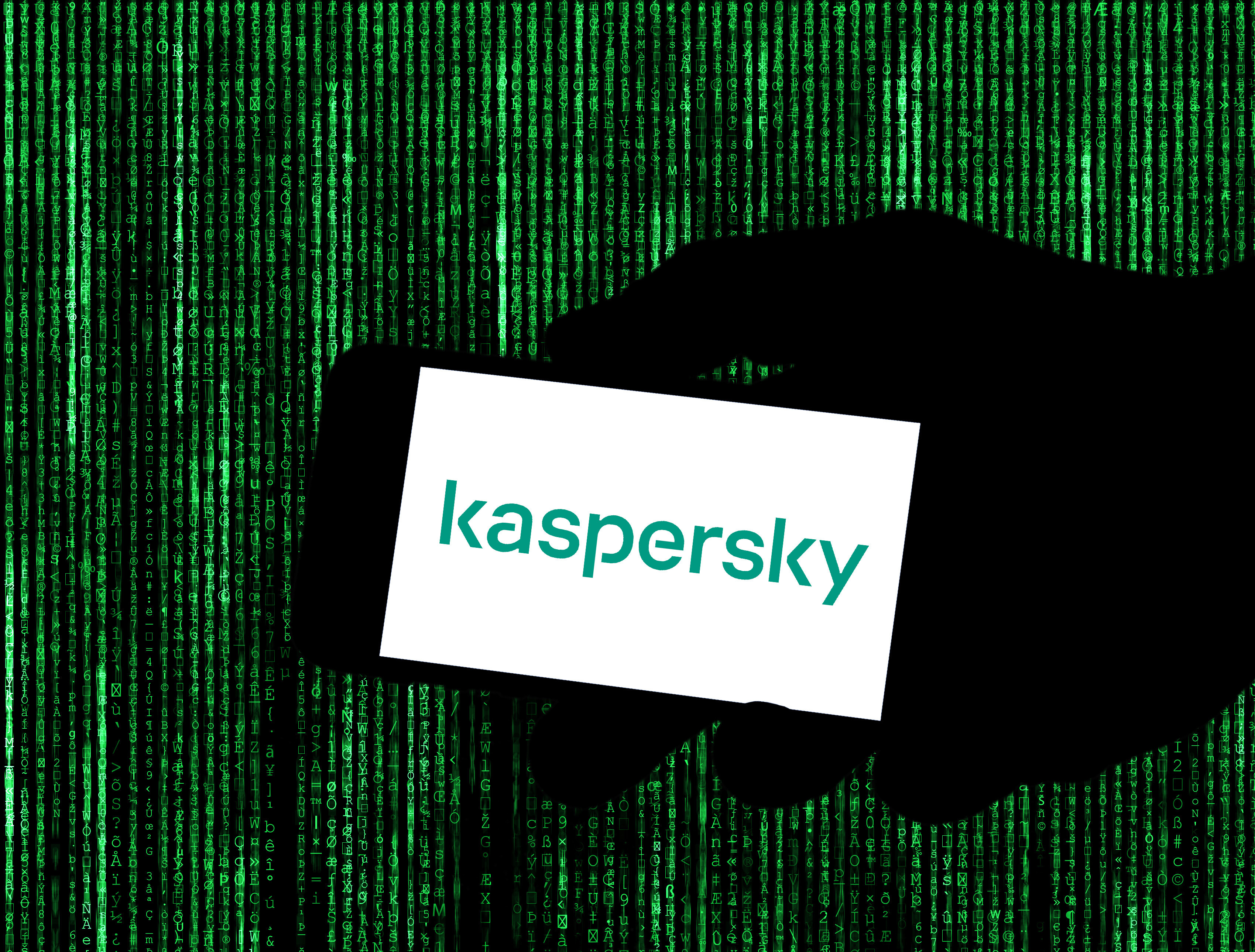At the end of September 2024, nearly a million Americans were startled to find that Kaspersky had been quietly replaced by UltraAV, a new antivirus software, on their computers—without their consent. This sudden switch marked the culmination of the U.S. government's ban on all Kaspersky sales, effectively ending the Russian-made antivirus’s presence in the country.
The U.S. government’s ban on Kaspersky has caused ripples far beyond American borders, significantly affecting the company’s global availability. In a decisive move, Google Play removed all Kaspersky products from its app store, citing the U.S. government’s directive. This decision didn’t just impact U.S. users; international users were also affected, despite the ban not being legally binding outside the U.S.
For millions of Android users, Kaspersky’s disappearance from the Play Store created an immediate dilemma. Long trusted for its performance, users now found themselves scrambling for alternative solutions. Kaspersky quickly advised its users to download apps from smaller stores like the Galaxy Store, Huawei AppGallery, Xiaomi GetApps, or directly from Kaspersky's website—none of which carry the same visibility or trust as Google Play.
This broader removal of Kaspersky from major platforms follows the sanctions imposed by the U.S. government in June 2024, where Kaspersky and 12 of its executives were blacklisted and added to the U.S. Entity List, a registry of foreign entities considered national security risks. The full ban on Kaspersky’s product sales, enacted in July 2024, cemented the company’s status as a pariah in U.S. tech markets.
Kaspersky responded, arguing that Google’s decision “overinterprets” the U.S. restrictions, which do not legally apply to international markets. Company representatives stated they are in communication with the U.S. Department of Commerce, hoping for further clarification.
Losing access to the Google Play Store deals a major blow to Kaspersky’s global footprint, not just its U.S. operations. Once a top choice for antivirus software, praised for its effectiveness, Kaspersky is now forced to rely on smaller, regional app stores that lack the trust and user base of Google Play. Despite this, some American users remain loyal. According to TechCrunch, users on Reddit have voiced their continued support for Kaspersky, citing distrust of the ban’s motivations or simply preferring the product’s performance.
However, the reality may be harsh for Kaspersky. The global tech landscape is increasingly aligning with geopolitical pressures, leaving companies like Kaspersky caught in the crossfire. The U.S. government has long raised concerns that the Russian government could manipulate Kaspersky’s software for unauthorized access or control over American systems. These fears led to the 2024 ban, marking a significant blow to Kaspersky’s standing in the U.S. market.
For Kaspersky, the battle is no longer just about technical excellence. It is now an uphill fight to restore trust and navigate the shifting geopolitical landscape, where concerns over security and privacy play a dominant role in shaping digital choices.
.png?width=1816&height=566&name=brandmark-design%20(83).png)



